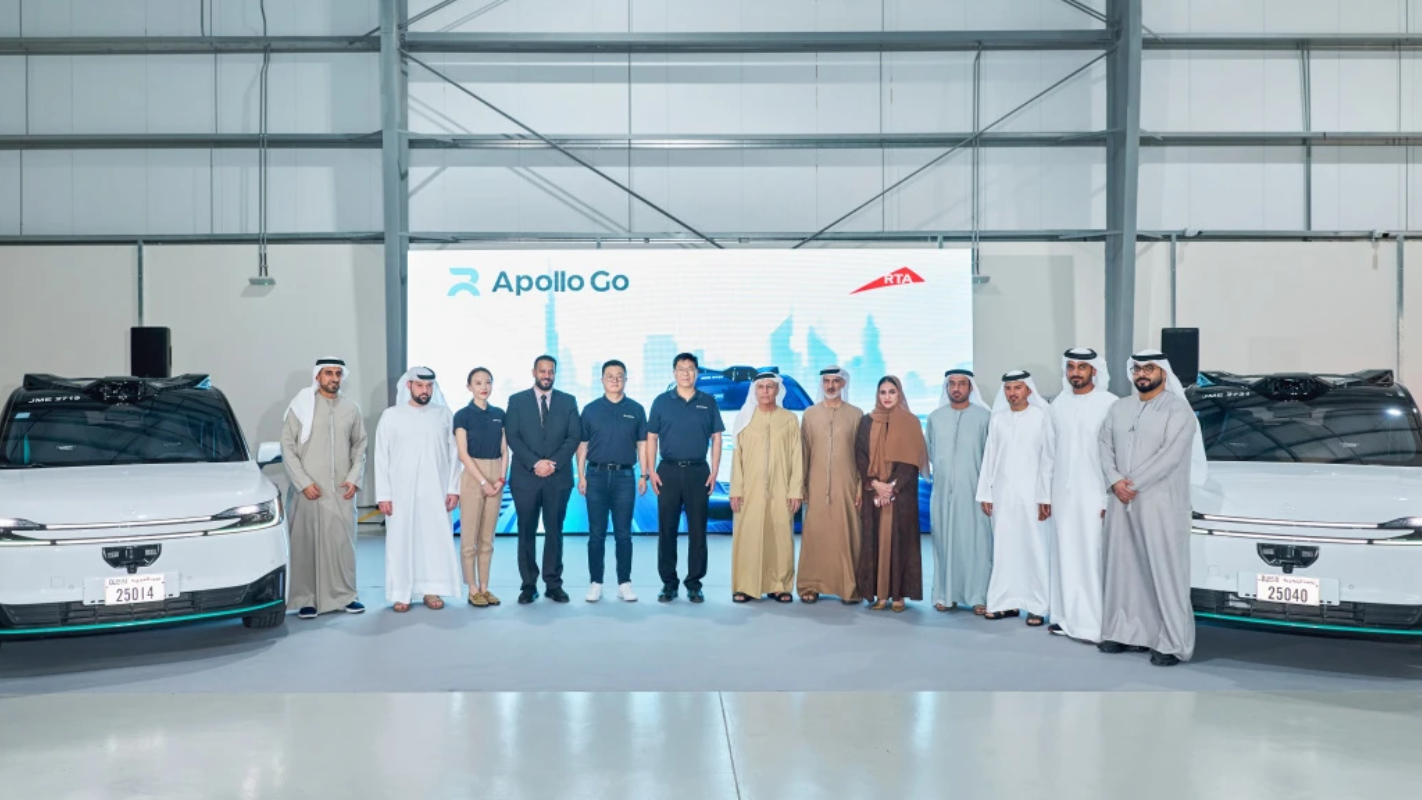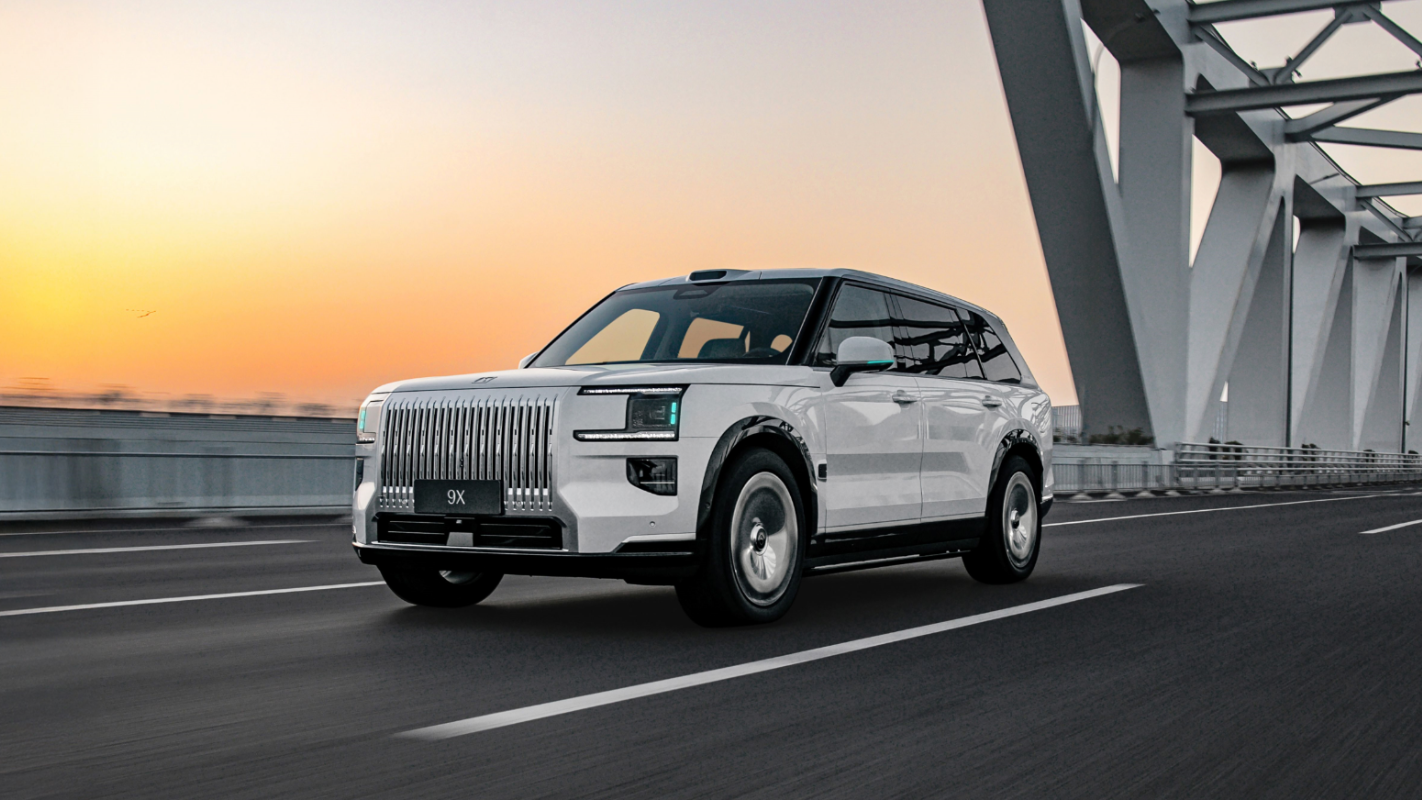Shanghai, March 30 (Gasgoo.com) "Geely's acquisition of Volvo is seen as 'a snake swallowing an elephant' case, how do you see it then?" Gasgoo.com CEO Kevin Chen was asked in an interview yesterday by CCTV-2 International Business. The following is the interview transcript.
An interview with Gasgoo.com CEO Kevin Chen on Geely's acquisition of Volvo from CCTV-2, see live-stream video below:
http://jingji.cntv.cn/20100329/102968.shtml
CCTV host: Based on the sales and financial data of the two companies over the recent few years, how would explain the causes and the pros and cons of this marriage between Geely and Volvo?
Kevin Chen: This acquisition is a typical case of a snake swallowing an elephant. Volvo's global sales revenue in 2009 was $12.4 billion, while Geely was $2.4 billion, only a fraction of Volvo; in 2008, Volvo gained $14.7 billion, but Geely only gained $1.2 billion, not even a fraction of Volvo. In addition, in view of the annual profit for 2008, Geely reached $150 million, while Volvo lost $1.46 billion, which shows clearly that the amount of Volvo's loss of 2008 is larger than Geely's gains. Thus, a typical snake-elephant case as it is.
But why was Volvo sold by Ford? The main reason is that Ford introduced "One Ford Strategy" after Alan Mulally, President and CEO of Ford Motor Company, took office, and meanwhile Geely had been engaged in the international M&A attempts in order to enhance its brand image and domestic competitiveness. Therefore they two went together.
CCTV host: Well, now this has already happened, but it seems possible for Geely to get indigestion. How do you think Geely can avoid this indigestion?
Kevin Chen: I think this is a very special acquisition, a weak brand buying a strong brand, a small company purchasing a big company, and is considered as the acquisition of a powerful company by a small company with relatively weak production capacity, management, technology, etc, so we cannot implement the integration in accordance with the conventional idea. I have three proposals:
Firstly, we are well aware that Geely itself may not bring Volvo too much, but what China, where Geely is located, can bring Volvo is important. First of all, we see that China is such a big market, which can bring Volvo possible sales growth. So my first suggestion to Geely is to make Volvo's market share increase significantly in China, In particular, because the Chinese government is very supportive of the acquisition, Geely should take advantage of this excellent opportunity to promote government procurement of Volvo cars, and then boost the civil sales, like Audi's sales strategy in China. Then let's see, in 2009, the sales volume of high-end cars and luxury cars reaches about 400,000-500,000 units in China's market, of which Audi sales grew up to 150,000 units, accounting for 42-43% - nearly "half" of the market. After the acquisition, if Geely could make Volvo's market share reach 20 percent, with a sales volume of 100,000-150,000 units in China within three years, Volvo's global sales volume would then reach 400,000-500,000 units, thus helping Volvo reach a profit-loss balance.
Secondly, China could also bring about the cost advantage to Volvo --- that is the "Made in China" advantage. Gasgoo.com, as an e-commerce platform, has found that Volvo's suppliers are basically global suppliers, most of whom have their operation bases in China. So if the Volvo cars to be made by Geely in China can not only meet the needs of sales in China, but also can be exported to non-Western European markets. We know that the two Volvo plants in Belgium and Sweden cannot have lay-off and closure, but Volvo also have plants in Canada, Australia and Thailand and other countries. However, that does not mean that China's local suppliers can provide all the parts and components. Actually global suppliers can come to China for assembly and production of their products and thus can reduce Volvo's production costs.
The first approach can expand Volvo's sales, the second strategy can reduce its production costs, and the combination of the two methods will likely help Volvo achieve considerable profits.
Thirdly, Mr. Li Shufu has emphasized, as our industry friends have repeatedly stressed, that it is not Geely that will bring Volvo many benefits after the acquisition. Therefore, we strongly recommend that in the first three (or more) years, it is necessary to operate the Geely and Volvo brands separately and maintain their relative identities, which means we can not see a "Geely-Volvo" brand, nor can Geely send a large number of personnel to manage the Volvo company, or can Geely consolidate Volvo intensively in the marketing, service, technology and other areas. What Geely should do is to act like a financial investor, as a shareholder and maintain the relatively independent operations of the two brands. Only in this way will Volvo go out of the loss-making situation as quickly as possible and toward profitability.
We know that after the Volvo acquisition, Geely Group will shift its focus onto the Volvo side. Whether Volvo can make a full recovery and make profits will thereby directly affect the whole prospect of Geely Group. We believe that these three proposals mentioned above, if successfully implemented, will possibly help make this acquisition a success story.
(Translated by: Amanda Zheng, George Gao)








